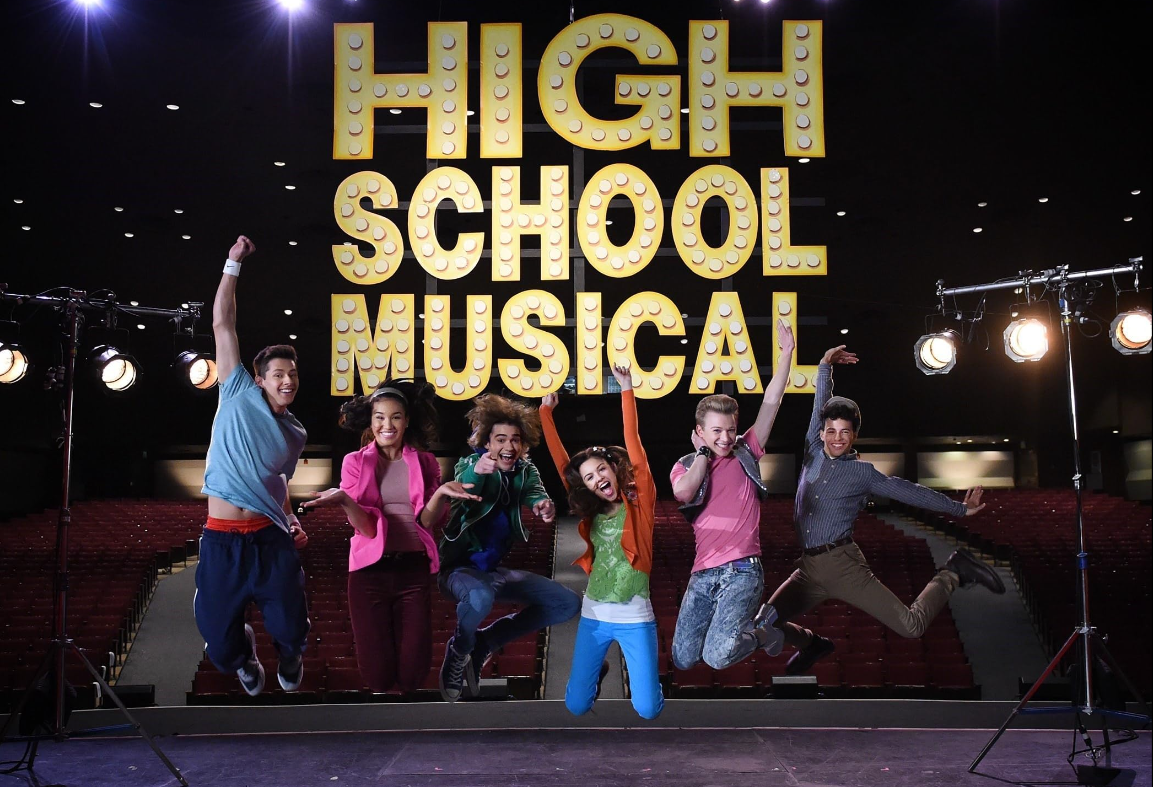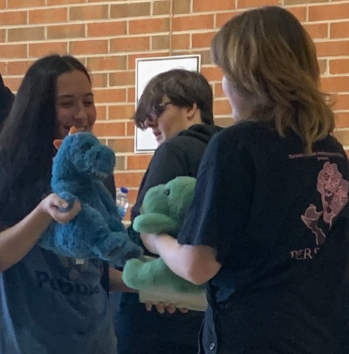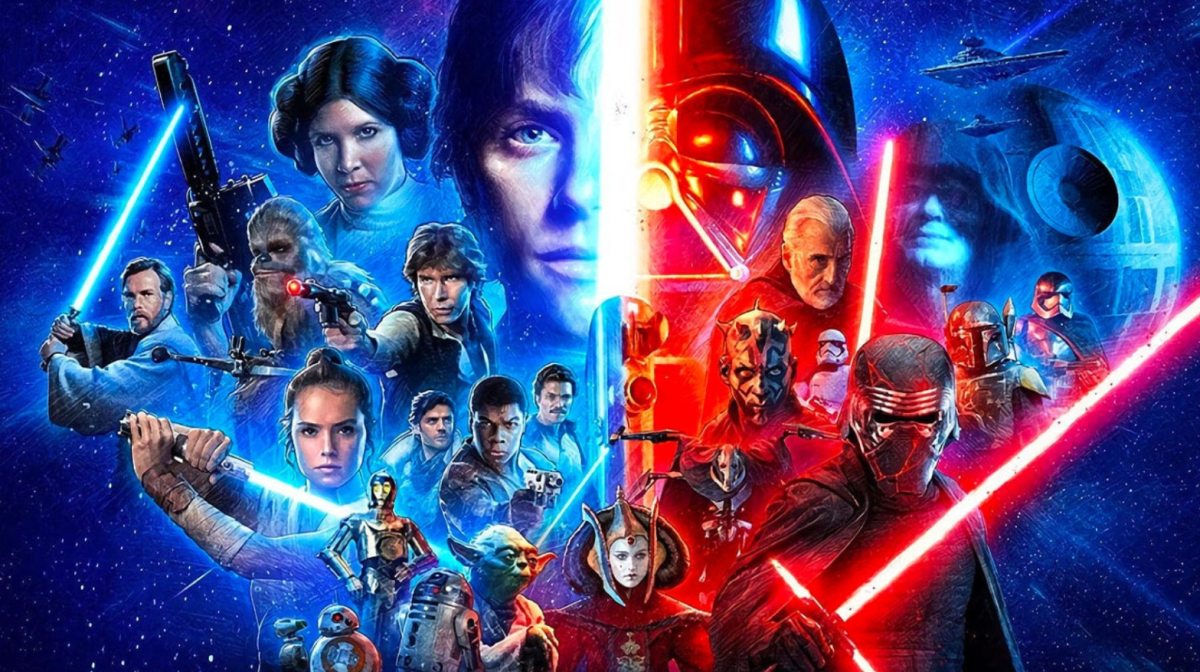In an era where cinematic innovation feels blocked by a lack of originality, it’s hard not to mourn the once vibrant landscape of film that gave birth to timeless classics. Gone are the days of brave storytelling and groundbreaking artistry; instead, audiences are swamped with a seemingly endless parade of unsatisfying dull remakes and sequels. From Good Burger 2 to High School Musical: The Musical: The Series, it appears Hollywood is caught in a cycle of recycling ideas, prioritizing nostalgia over innovation and failing to honor what made the originals iconic.
Take Good Burger, a quirky 1997 film that captured the spirit of teen humor with its absurdity and charm. The original was a memorable hit, beloved for its catch phrases and lovable characters. Yet when the sequel was announced, it felt like Hollywood was grasping at straws.
“Good Burger 2 is a sentimental slapstick sequel chock full of fun cameos and absurdity, yet it doesn’t divert itself enough from the familiar path,” wrote reviewer Peyton Robinson. This sentiment is echoed across the board as sequels emerge years later, often lacking the magic that made their originals special.
Then there’s the High School Musical franchise. The original film was more than just a catchy soundtrack; it was a cultural touchstone that captures the essence of youth and the struggle for identity. Fast forward to High School Musical: The Musical: The Series, and one can’t help but question the need for yet another extension of a story that had already found its conclusion.
“The series feels like an echo, a hollow repetition of something that should have remained untouched,” one reviewer on IMDb quipped.
Even iconic animated classics are falling victim to this relentless trend. Though Mufasa: The Lion King is not out yet, early reviews suggest that many viewers are not happy with what has been done to this beloved classic. It seeks to explore deeper themes, but many including IndieWire’s David Ehrlich argue, “Unfolding like the world’s longest and least convincing deepfake, the new Lion King fatally misunderstands what once made Disney special.” If the original story has already captured hearts and conveyed messages that resonate deeply, why does it need repackaging? The essence of storytelling lies in its ability to evolve; simply revisiting old stories reflects a shortage of original ideas.
Once upon a time, Pinocchio enchanted audiences with its timeless narrative and unforgettable animation, captivating hearts since its debut in 1940. The original was a cultural phenomenon, beloved for its enchanting animation and profound themes. However, when the 2022 remake was announced, it felt like Hollywood was merely trying to capitalize on nostalgia.
Davis Sims, a reviewer from The Atlantic, observed that the remake failed to achieve the “old-school charm” of the original movie; rather, turning out “as dead-eyed as one of Zemeckis’s motion-capture characters.”
Underlying this trend is the idea that filmmakers presume familiarity guarantees ticket sales. Rarely do we step back to evaluate why classics like Casablanca or The Wizard of Oz still resonate: their layers of meaning, emotional depth and artistry. The expectation that audiences will flock to an updated version of a beloved tale simply because it bears a familiar name is clear.
Moreover, Hollywood’s obsession with brand recognition has created a paradox of nostalgia: the more they lean into nostalgia, the more they strip it of its power. Disney’s remakes are symbolic of this trend. They are “shipping out” stories they deem profitable without really considering why those stories touched so many in the first place. Their need to broaden the catalog for new generations leads to the forced narrative destruction of classics, taking away the very essence that made them unforgettable creations.
As audiences, we need to demand more than tired remakes of icons. While nostalgia serves a purpose, it should not be an excuse for creative inactivity. If filmmakers continue down this path, we risk becoming a culture that celebrates the mediocre while sidelining the extraordinary. It’s time to reawaken the bold creativity that once thrived in Hollywood and let the classics remain untouched by needless embellishment. After all, true artistry lies not in retelling tales but in boldly crafting new ones.





